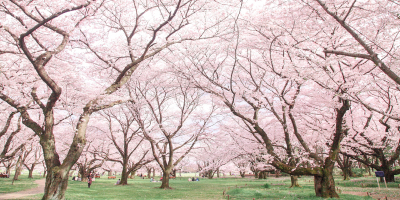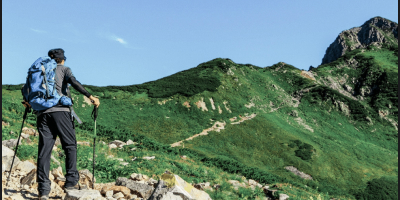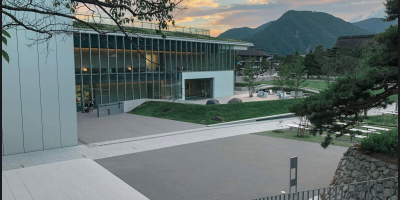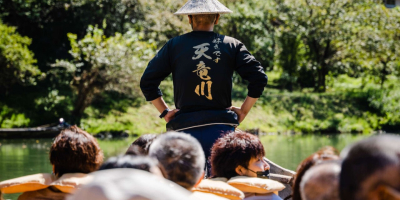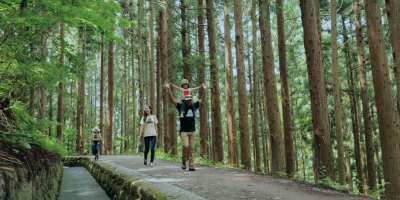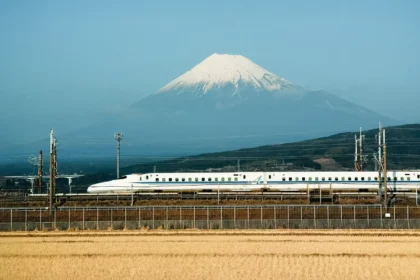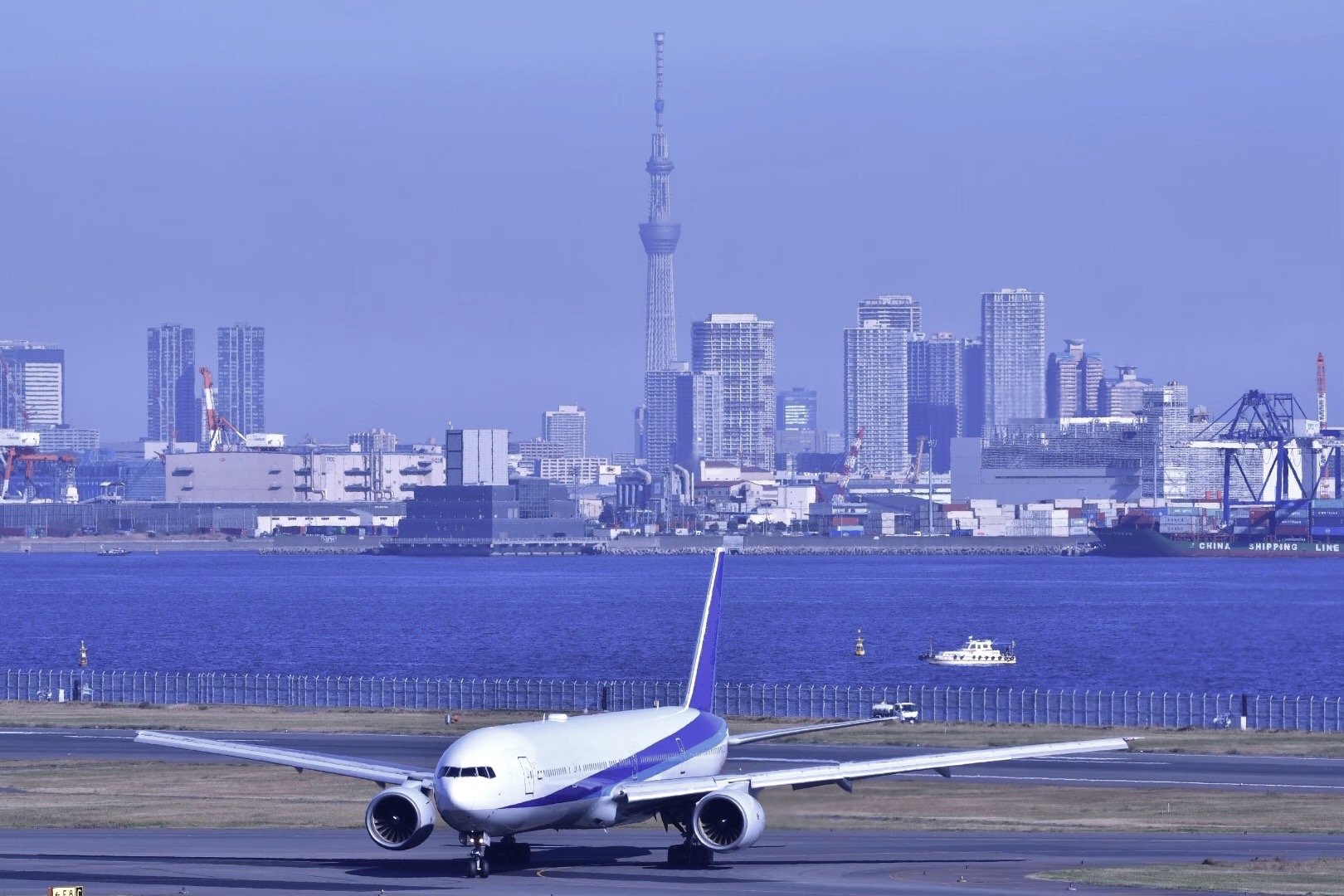
IS THE BORDER OPEN & CAN I TRAVEL TO JAPAN AS A TOURIST?
As Japan continues to navigate post-pandemic travel regulations, the country has steadily relaxed its entry requirements, reopening its doors to international tourists. Currently, Japan is largely accepting visitors under the standard visa exemption program for countries that previously enjoyed visa-free access. It is crucial to stay abreast on the latest advisories from Japan’s Ministry of Foreign Affairs, as regulations are subject to change based on the global health situation or shifts in diplomatic relations when planning your international trip to Japan.
The following page provides information for foreign-nationals looking to travel to Japan including who can travel, and other useful information. On this page you will find the following information:
-- Eligibility For Entry to Japan as a Tourist
-- Common Questions about Travel in Japan
ELIGIBILITY FOR ENTRY
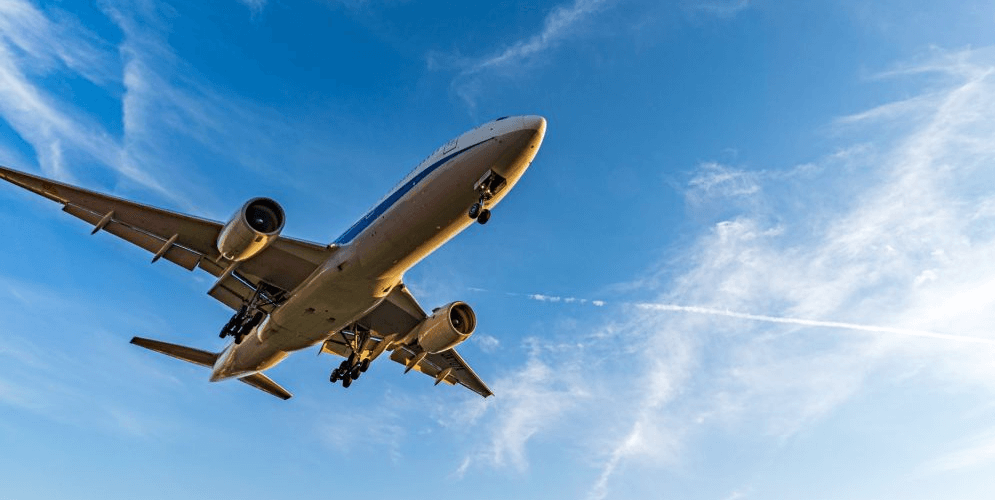
Japan permits entry for tourism under a visa exemption arrangement for nationals from countries such as the United States, most European Union member states, Australia, and several others. Travelers from these countries may enter for stays of up to 90 days without requiring a visa. However, for nationals of countries not eligible for visa exemption, a tourist visa must be obtained prior to arrival. Importantly, travelers must demonstrate their intention to stay solely for tourism purposes, with no work or extended business activities permitted under this visa category.
ENTRY REQUIREMENTS
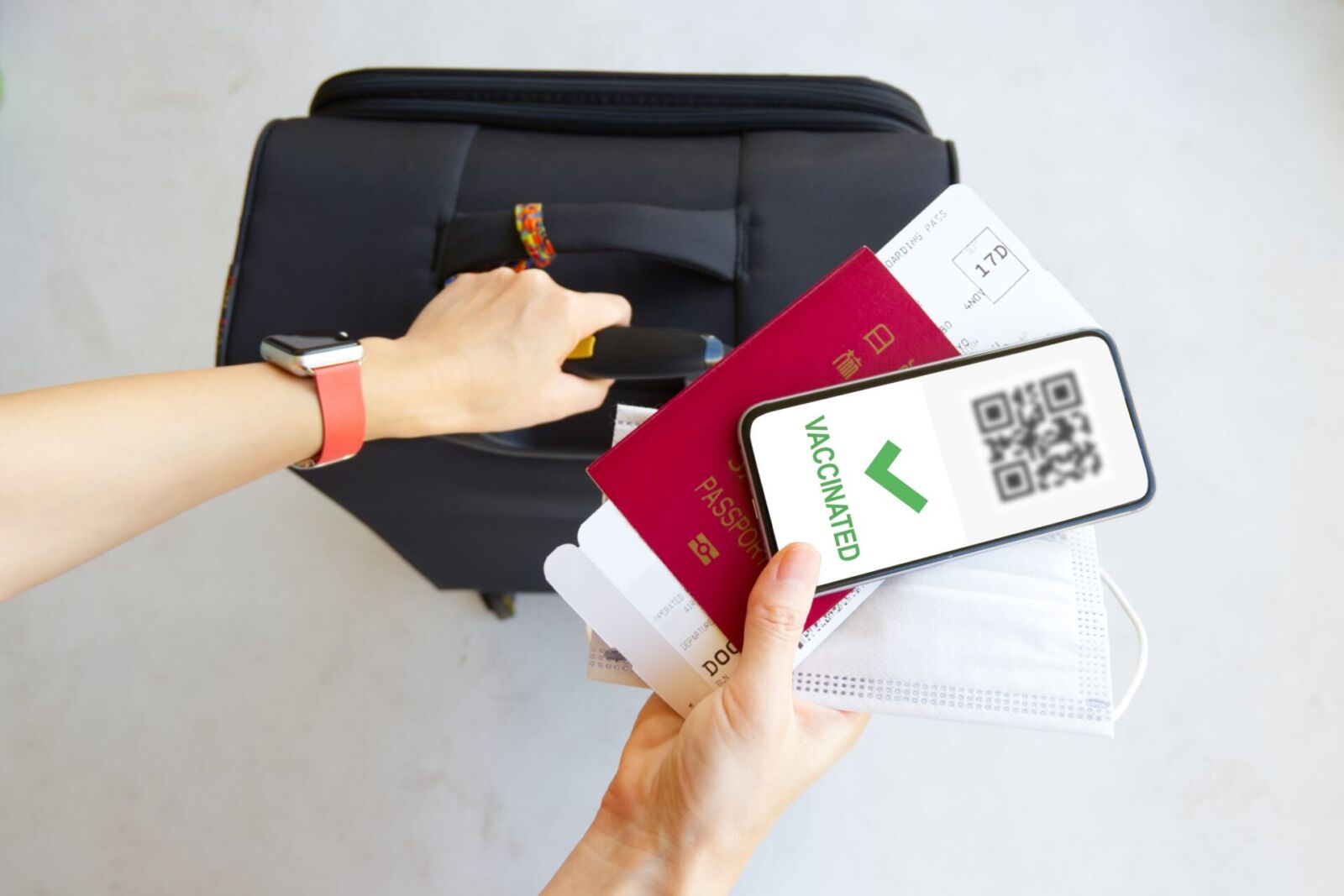
To facilitate smooth entry, travelers to Japan must meet certain health and documentation requirements. Currently, COVID-19 testing and vaccination documentation are not mandated for travelers entering Japan, although the Ministry of Health may implement selective health screening measures at entry points. Additionally, Japan’s immigration authorities require proof of onward or return travel and adequate financial means to support the stay. Visitors must also provide clear evidence of accommodation arrangements, typically in the form of hotel bookings or host confirmations.
COMMON QUESTIONS ABOUT TRAVEL IN JAPAN
When is the best time to travel to Japan?
The best time of year to visit Japan often depends on which region you intend to visit, as well as if there are any particular events or activities you wish to engage in. We have a whole page breaking down the different regions of Japan and how they are affected by the changing seasons, as well as our recommended season to visit each region.
Do I need to be vaccinated against COVID-19 to visit Japan?
You do not currently need to be vaccinated against COVID-19 to enter Japan.
Should I worry about earthquakes when traveling in Japan?
Earthquakes present a regular concern in Japan. However, it is worth noting that any modern building is very safe and designed to withstand significant earthquakes. This is especially the case for large buildings including hotels and public facilities.
Is Japan safe for solo travellers?
Japan is one of the safest countries in the world, allowing you to travel with peace of mind wherever you go. Even in large cities such as Tokyo, Yokohama, Kyoto, and Osaka you can expect to move around freely, at any time of day, without hindrance. This includes moving around at night - even as a solo traveller. Regardless, we do still have some tips and advice for how to ensure you have a safe and healthy trip to Japan.
How did COVID-19 impact travel to Japan?
The impact of COVID-19 on international tourism and travel to Japan has been profound, reshaping both short-term dynamics and long-term trends in the sector. We have a page dedicated to COVID’s impact on travel to Japan where you can read about the timeline of the COVID-19 pandemic and its affect on boarder requirements in Japan.
Do I need to wear a facemask in Japan?
There is no rule that you must wear a face mask and the government long ago advised that it is not required when outside and in non-crowded, well-ventilated places. However, upon arrival in Japan you will quickly notice that many Japanese residents continue to wear face masks, particularly on public transportation. Therefore, you should be prepared to do the same. We recommend always having a face mask with you and following the lead of what local people are doing.
Is Japan a good country to travel to as someone with dietary restrictions?
Food allergies don’t have to prevent you from traveling. Careful preparation and communication can help ensure a safe and enjoyable trip. This guide provides helpful tips for traveling to Japan with food allergies, including information on understanding food labels and dining out at restaurants.
Do I need travel or health insurance to enter Japan?
We recommend all travellers take-out adequate travel and health insurance for the duration of their stay in Japan. Should you be hospitalised, need to extend your stay, and / or change your flights, any costs will need to be met by the traveller therefore we encourage you to select insurance that covers such expenses. It is possible that you will be asked to provide evidence of your insurance upon entry to Japan so make sure you take-out adequate coverage and best to carry evidence of it.
PLAN YOUR VISIT TO JAPAN
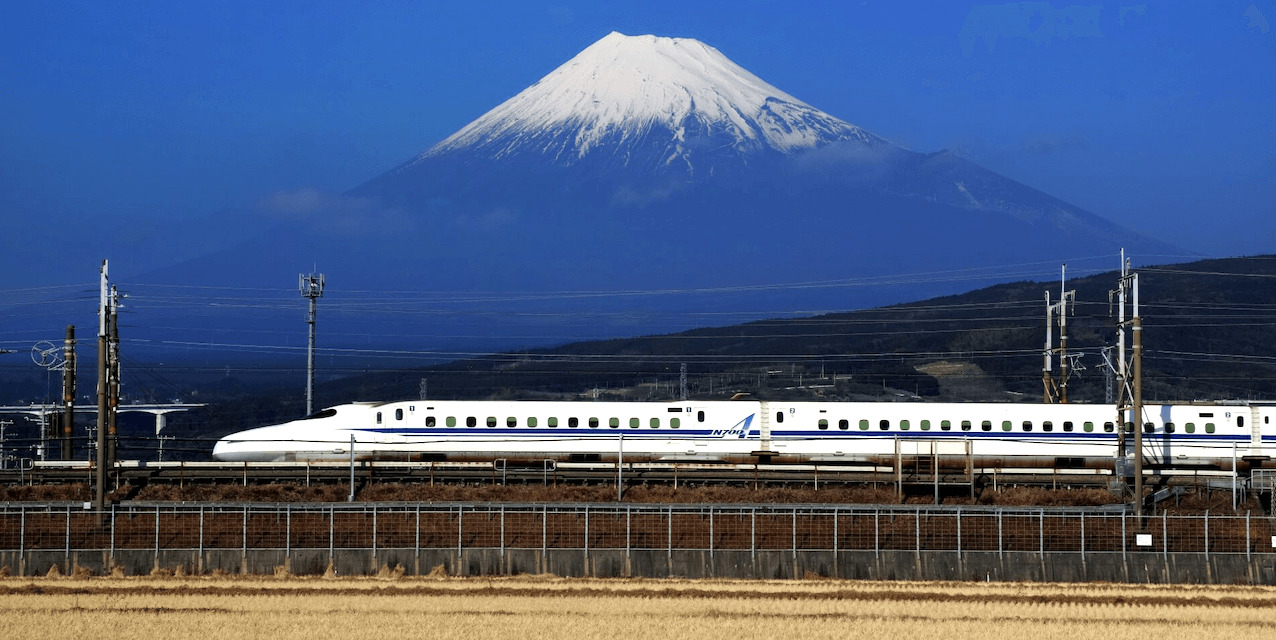
Getting ready to travel to Japan? Whether it’s your first time traveling to this amazing country or you’re a regular visitor, all successful visits start before you even leave home as you plan your trip and choose where you’ll visit while here. Our ‘Plan Your Visit’ page has lots of great information including how to enter, exit and move around Japan, when to visit, how to stay connected while here, accommodation options, language and etiquette tips and how to stay health and get help when needed. Those pages provide the framework while our ‘Destinations’ page help you plan just what to do while here.





